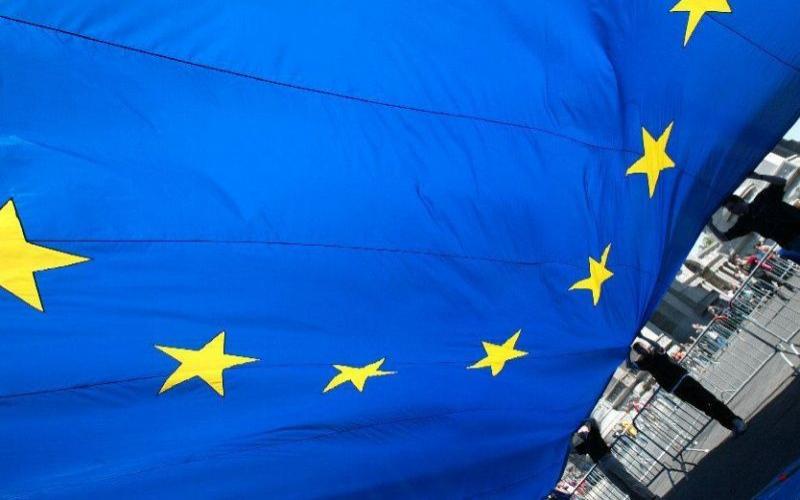EU Initiatives to Strengthen Nigeria's Dairy Sector
Sourse: punchng.com
The European Union has pledged ongoing support to Nigerian dairy farmers, focusing on key production challenges and enhancing the dairy value chain.

The European Union (EU) reaffirmed its commitment to bolstering the agricultural sector in Nigeria, with a particular emphasis on supporting local dairy farmers. The main challenges troubling the industry include water shortages, expensive vaccines and medicines, and insufficient quality feed for cattle. In response, the EU has laid plans to improve critical inputs and storage capacities for farmers.
A recent visit to the Kaduna-based Naturell Dairy by an EU team revealed both the achievements and obstacles faced by Nigerian dairy producers. With a focus on incomes, job creation, and the growth of Micro, Small, and Medium-sized enterprises, the EU intends to provide substantial backing to the agriculture industry. Inga Stefanowicz, the Team Leader for Green and Digital Economy at the EU Delegation to Nigeria and ECOWAS, highlighted the strategic support targeted at the dairy sector.
Stefanowicz emphasized, "We particularly recognise the importance and potential of agriculture in creating economic growth and jobs, but we also recognise the many challenges it faces." She further assured continued donor support aimed at resolving core issues in dairy production, which would, in turn, boost farmer income, expand market access, and improve public health.
Naturell Dairy is taking proactive measures by sourcing milk organically from local farmers, providing them with sustainable income prospects. However, the lack of adequate infrastructure for cold storage, such as cooling vans, poses significant challenges. The need for enhanced training for aggregators and improved logistics is paramount to reducing milk spoilage.
Local farmer Abubakar Muhammed pointed out essential needs, including access to clean water, quality feed, and affordable veterinary services, which are crucial for improving cow health, productivity, and income. Aggregator Stephen Joshua noted, "Most farmers here own about 40 cows each, but milk yields vary based on the quality of feed... With EU support, we expect to see a reduction in milk spoilage and a significant boost in productivity."
A recent visit to the Kaduna-based Naturell Dairy by an EU team revealed both the achievements and obstacles faced by Nigerian dairy producers. With a focus on incomes, job creation, and the growth of Micro, Small, and Medium-sized enterprises, the EU intends to provide substantial backing to the agriculture industry. Inga Stefanowicz, the Team Leader for Green and Digital Economy at the EU Delegation to Nigeria and ECOWAS, highlighted the strategic support targeted at the dairy sector.
Stefanowicz emphasized, "We particularly recognise the importance and potential of agriculture in creating economic growth and jobs, but we also recognise the many challenges it faces." She further assured continued donor support aimed at resolving core issues in dairy production, which would, in turn, boost farmer income, expand market access, and improve public health.
Naturell Dairy is taking proactive measures by sourcing milk organically from local farmers, providing them with sustainable income prospects. However, the lack of adequate infrastructure for cold storage, such as cooling vans, poses significant challenges. The need for enhanced training for aggregators and improved logistics is paramount to reducing milk spoilage.
Local farmer Abubakar Muhammed pointed out essential needs, including access to clean water, quality feed, and affordable veterinary services, which are crucial for improving cow health, productivity, and income. Aggregator Stephen Joshua noted, "Most farmers here own about 40 cows each, but milk yields vary based on the quality of feed... With EU support, we expect to see a reduction in milk spoilage and a significant boost in productivity."
Key News of the Week










